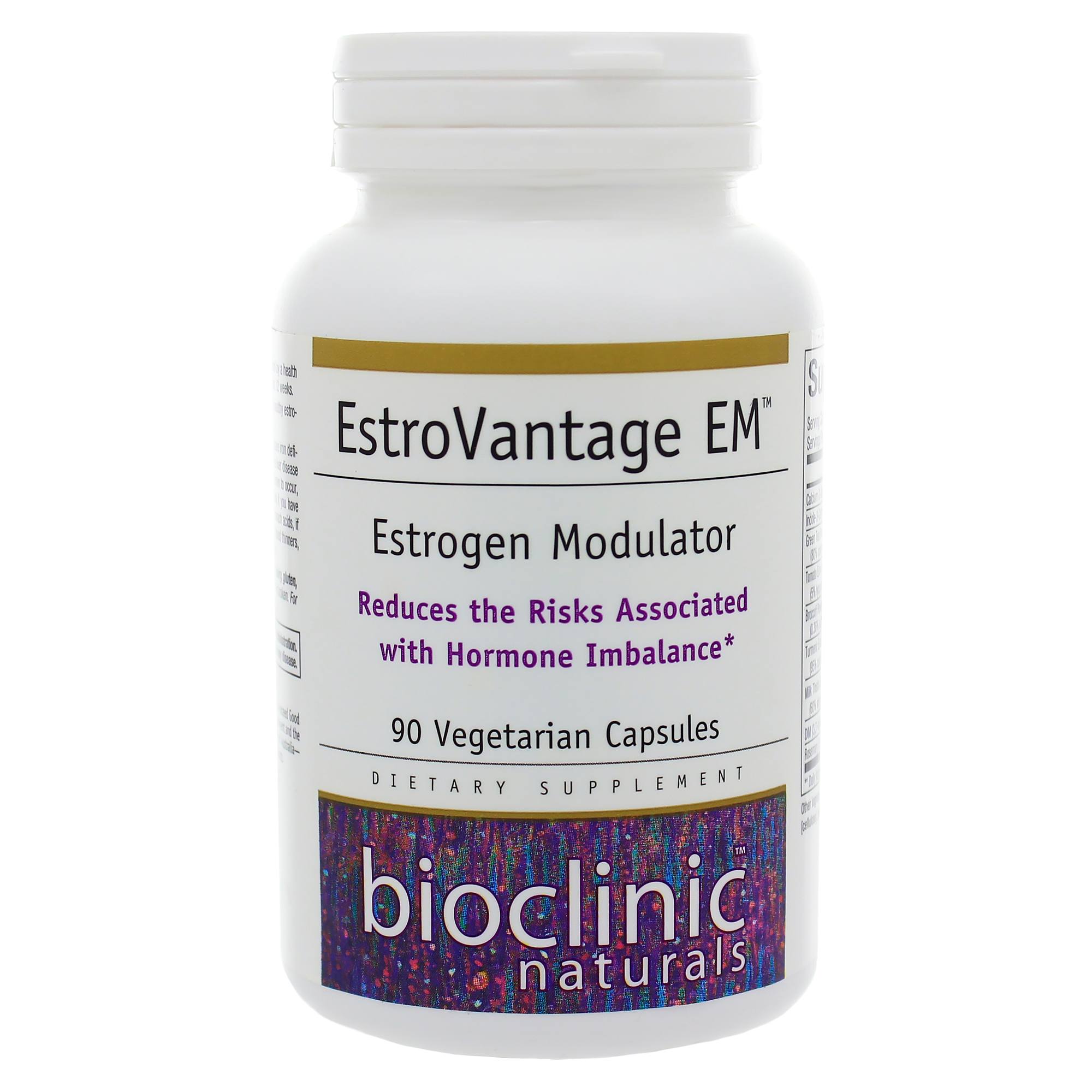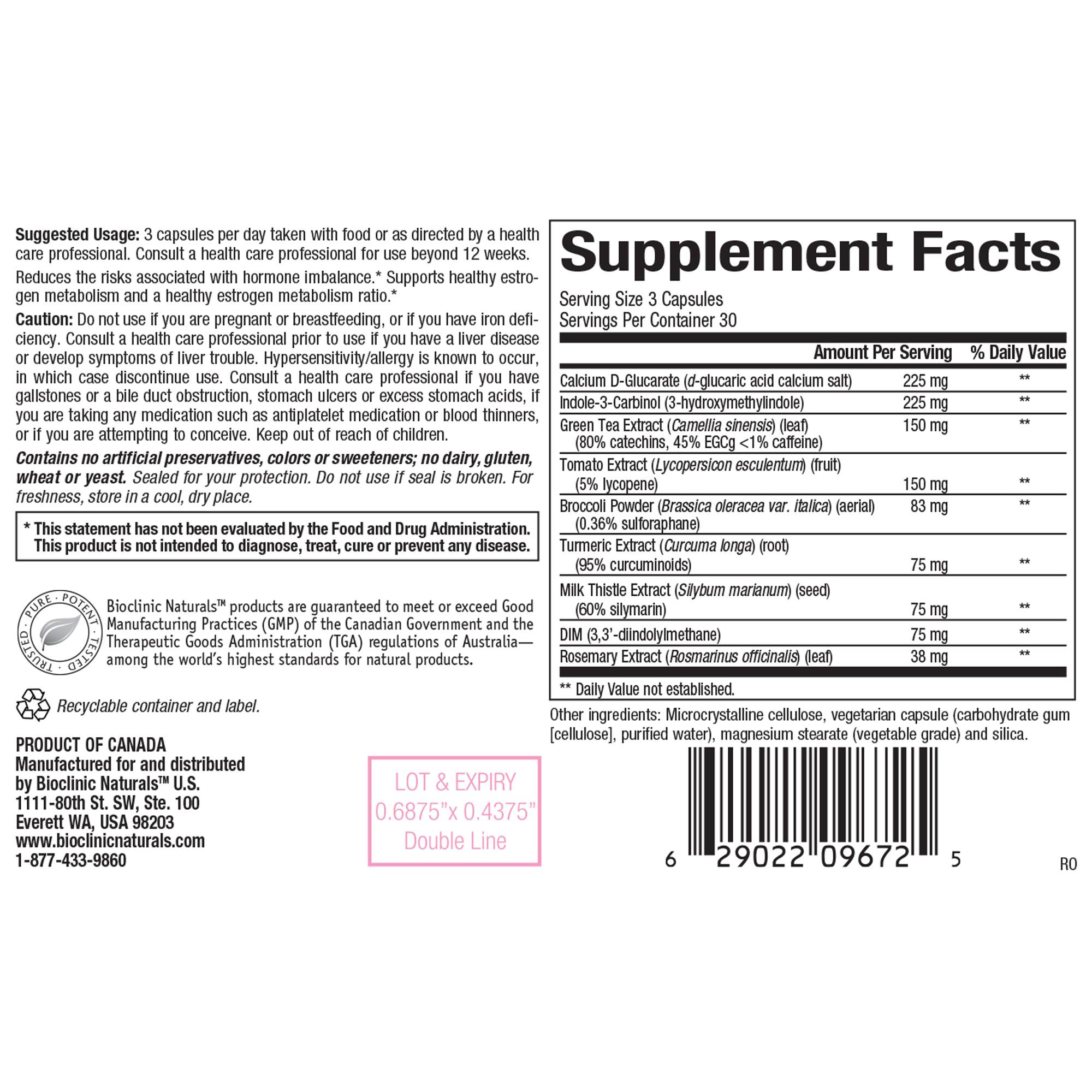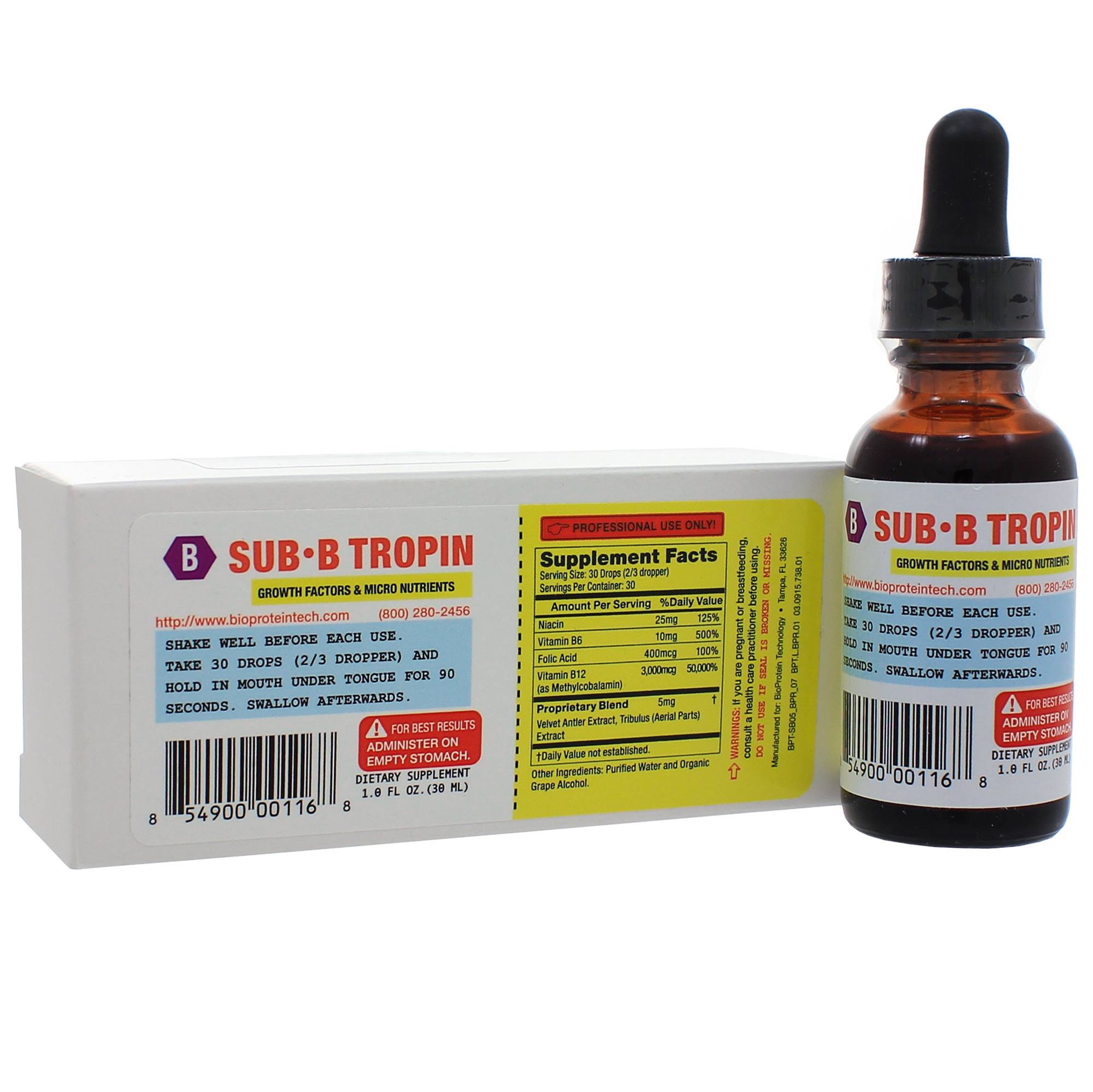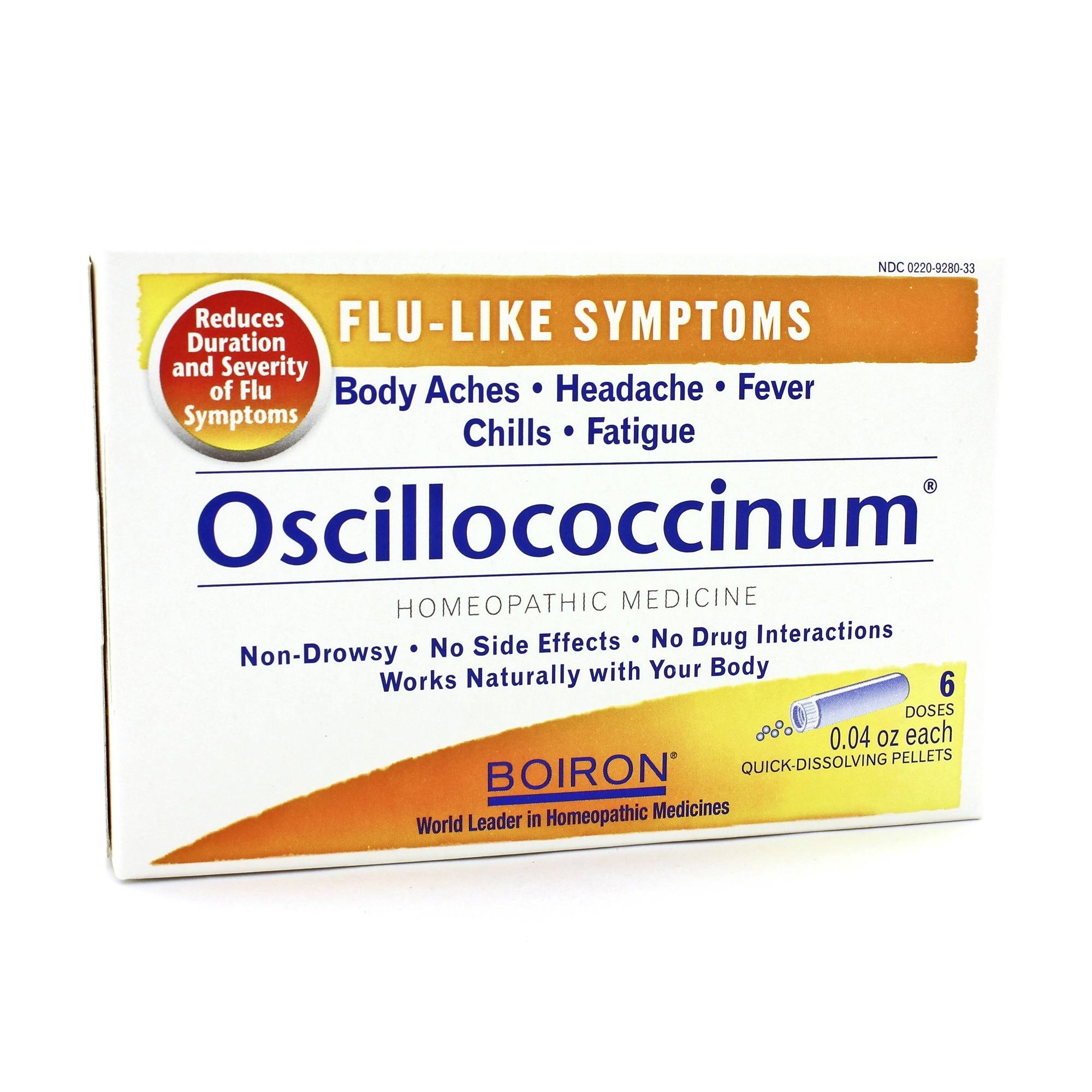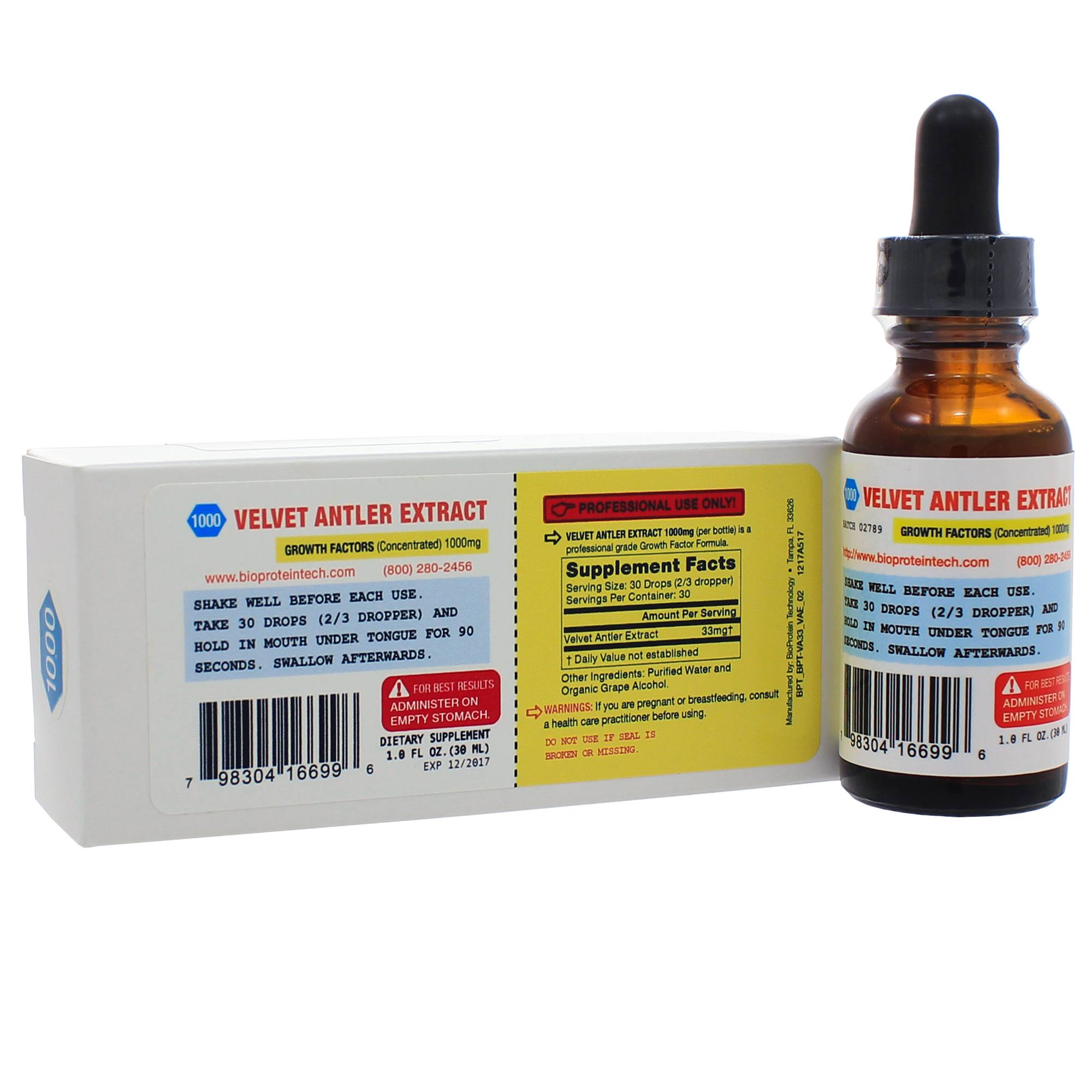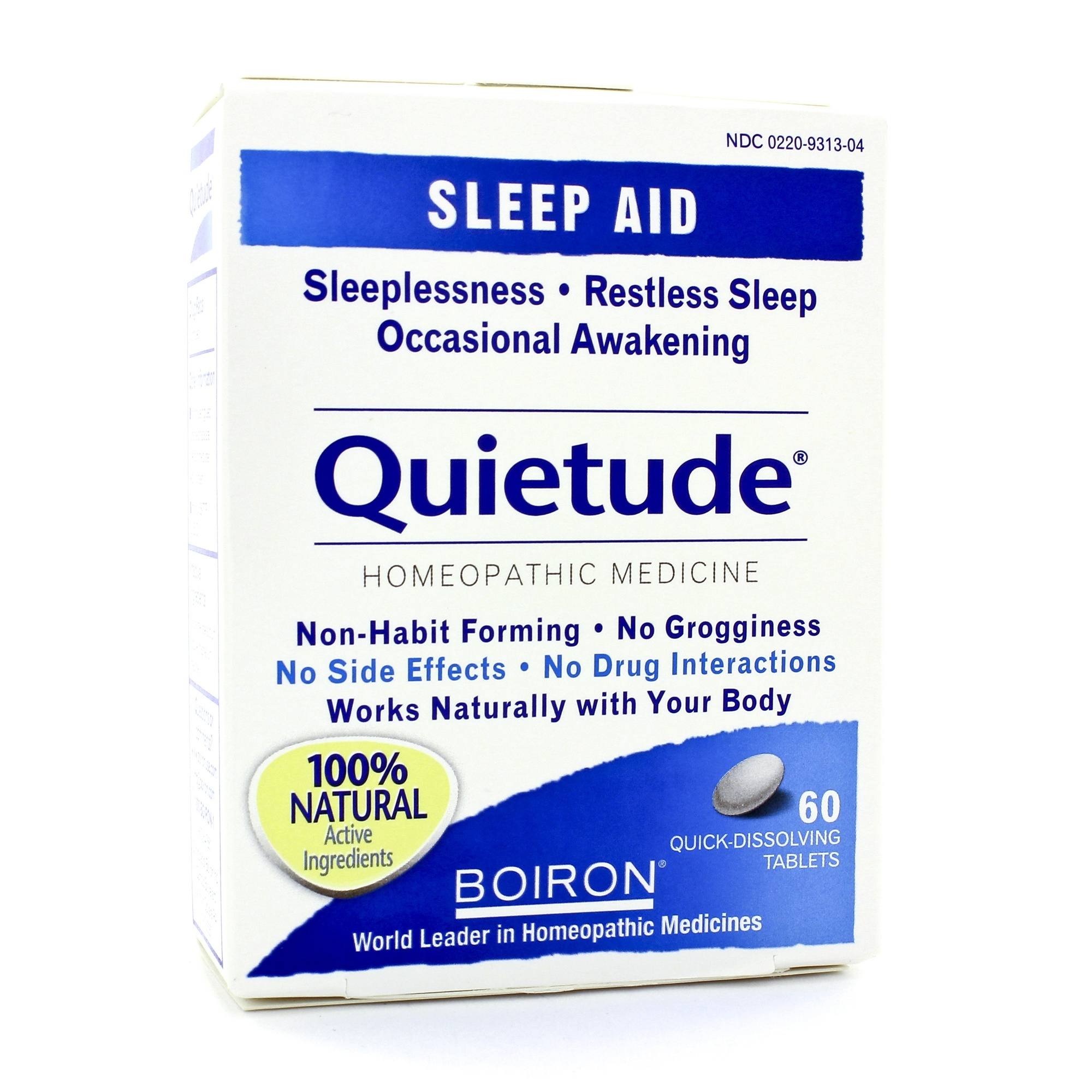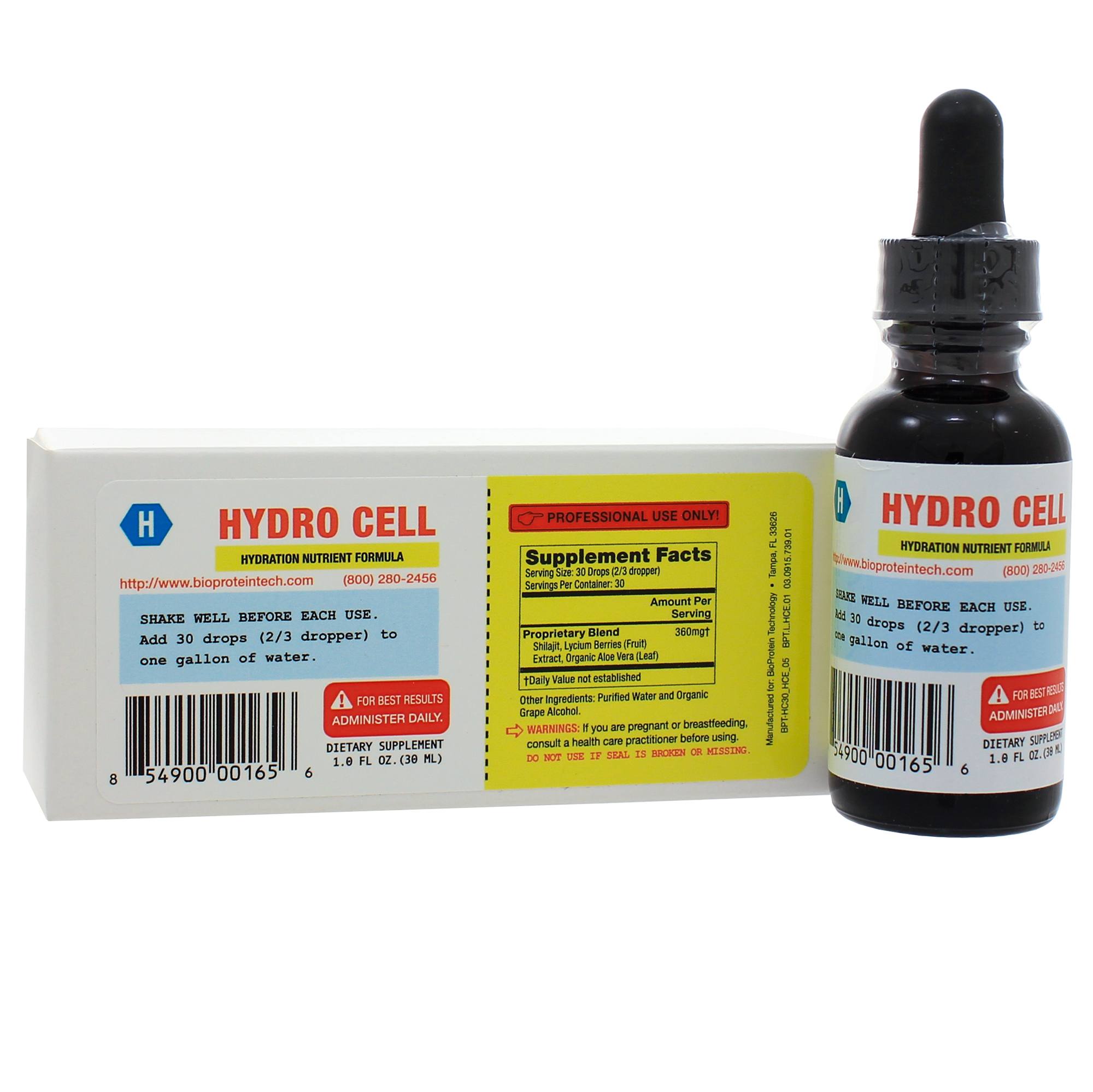In general, estrogen can be divided into several biochemically distinct hormones: estrone (E1), estradiol (E2), estriol (E3), and 17-estradiol. In premenopausal women, estrogen is enzymatically converted to several specific estrogen metabolites including 2-hydroxyestrone (2-OHE1), 2-hydroxyestradiol (2-OHE2), 4-hydroxyestrone (4-OHE1), 4-hydroxyestradiol (4-OHE2) and 16a-hydroxyestrone (16a-OHE1). Both 16a-OHE1 and 2-OHE have contrasting biological activities at the cellular level with 16a-OHE1 being an estrogen agonist and proliferative, while 2-OHE is an estrogen antagonist and antiproliferative. As such, an increased ratio 2-OHE:16a-OHE1 is associated with a reduced risk of invasive breast cancer risk in premenopausal women. Several natural products found in EstroVantage EM support this latter concept including DIM, and indole 3 carbinol (I3C). A human study has confirmed that daily supplementation with 300 mg of I3C daily for 12 weeks significantly increased the 2-OH-estrone: estriol metabolite ratio without notable adverse events. Other compounds in EstroVantage EM, including calcium-d-glucarate, inhibit beta-glucoronidase activity, allowing for the excretion of estrogen before reabsorption. It is estimated that a 4% calcium glucarate supplemented diet inhibits beta-glucuronidase activity by 70%.
Benefits
IGF-1 has a known pathogenic role in cancer, increasing growth of existing cancer cells. Lycopene supplementation decrease IGF-1 by 25%.
In a 34 patient randomized controlled trial foods enriched with bioactive compounds, including rosemary extract (Rosemarinus officinalis), were found to be a promising adjuvant therapy in advanced breast cancer patients
Green tea polyphenols inhibit the proliferation of breast cancer cells in vivo and in
vitro
Silymarin can down-regulate gene products involved in the proliferation of tumor cells (cyclin D1, EGFR, COX-2, TGF-beta, IGF-IR), invasion (MMP-9), angiogenesis (VEGF) and metastasis (adhesion molecules)
Curcumin inhibits human breast cancer cell growth by mediating certain signaling cascades including the modulation of the NF-kB signaling pathway
Sulforaphane can inhibit the expression of estrogen receptor alpha (ERalpha) protein in MCF-7 cells, inhibiting proliferation and down-regulating hormone receptor expression
Standardized extracts

